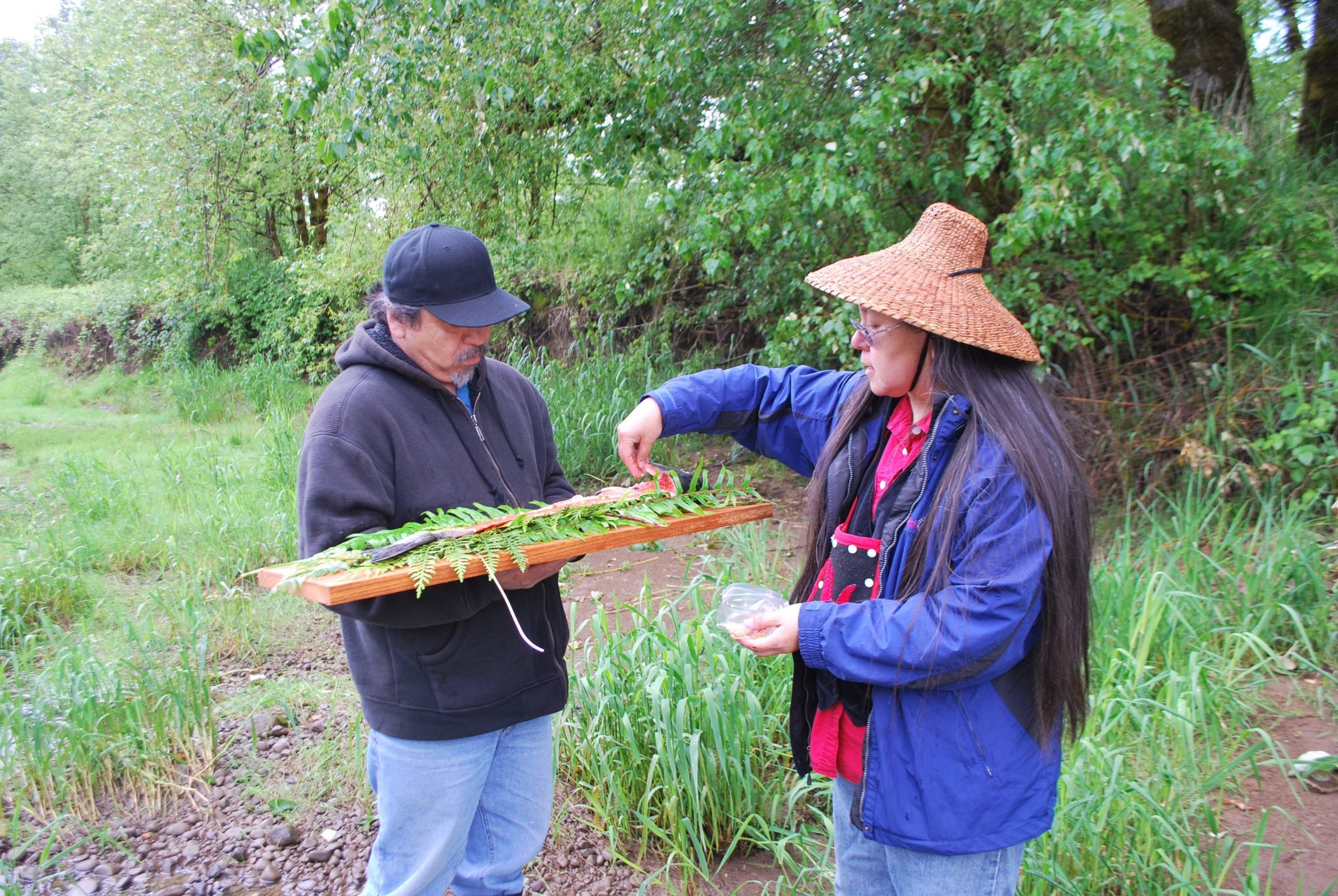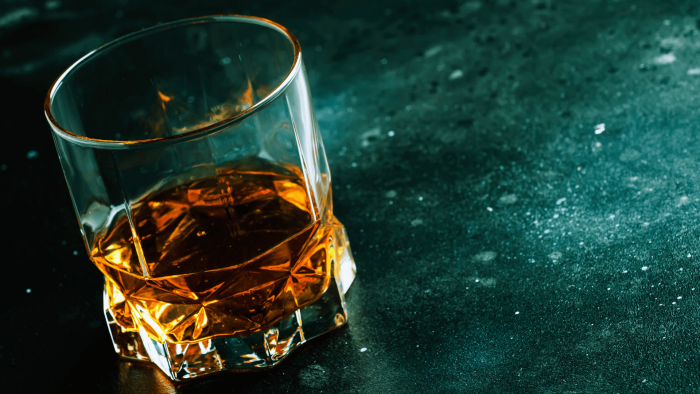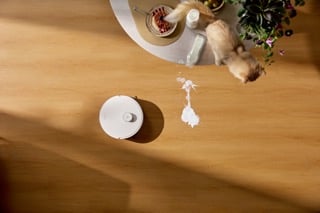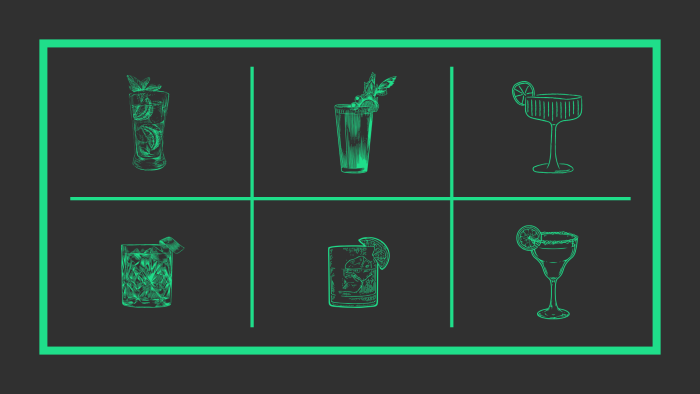In 1834, at the height of Andrew Jackson’s brutal crusade against American Indigenous nations, Congress enacted the Indian Trade and Intercourse Act, a law prohibiting the distillation of alcohol on Native land. Decades passed. The frontier closed, America celebrated its centennial and bicentennial, the nation entered the Digital Age and the 21st century—and yet this flagrantly racist policy remained on the books, largely forgotten. That is, until 2018, when the Chehalis Tribe set out to launch a distillery in Washington state.
“We were all set to open Talking Cedar. We had purchased equipment, hired a distiller, and brought on a marketing team,” Harry Pickernell Sr., Chehalis Enterprises’ chief operating officer, told me. “Then, out of nowhere, we ran into this absurd 19th-century law. Fortunately, we met with a congresswoman and prepared a bill to repeal it. It became the fastest bill to move through Congress since the Patriot Act.”
With the benighted legislation tossed into the dustbin of American history, Talking Cedar has flourished as a Pacific Northwest boutique distillery, crafting gin and whiskey expressing the damp, lush terroir of that emerald corner of the lower 48. The distillery’s name is an homage to the rich oral storytelling tradition of the Chehalis and the centrality of the cedar tree to their traditions. For the Chehalis, a nomadic tribe, the cedar tree provided wood for fishing weirs and fiber to weave baskets for foraging mushrooms, ferns, and wild berries.
Helmed by Master Distiller and Head Brewer Ryan Myhre, formerly of Big Time Beer Company, Talking Cedar’s small-batch spirits are superb—treats to be savored neat or in cocktails. And you can feel good about supporting them, too, as all profits go towards humanitarian and cultural preservation initiatives on the Chehalis Reservation. “The Chehalis language is dying out, but we are now funding programs to teach our ancestral tongue to the youngsters,” says Pickernell, himself a member of the Chehalis nation. “We are also supporting initiatives to revive Chehalis leatherworking and weaving.”
While Talking Cedar also boasts a well-reviewed brewery, my favorite offerings are their Kayak Gin and Blenders American Blended Malt Whiskey, crafted in partnership with Westland Distillery, an internationally acclaimed Seattle whiskey producer.
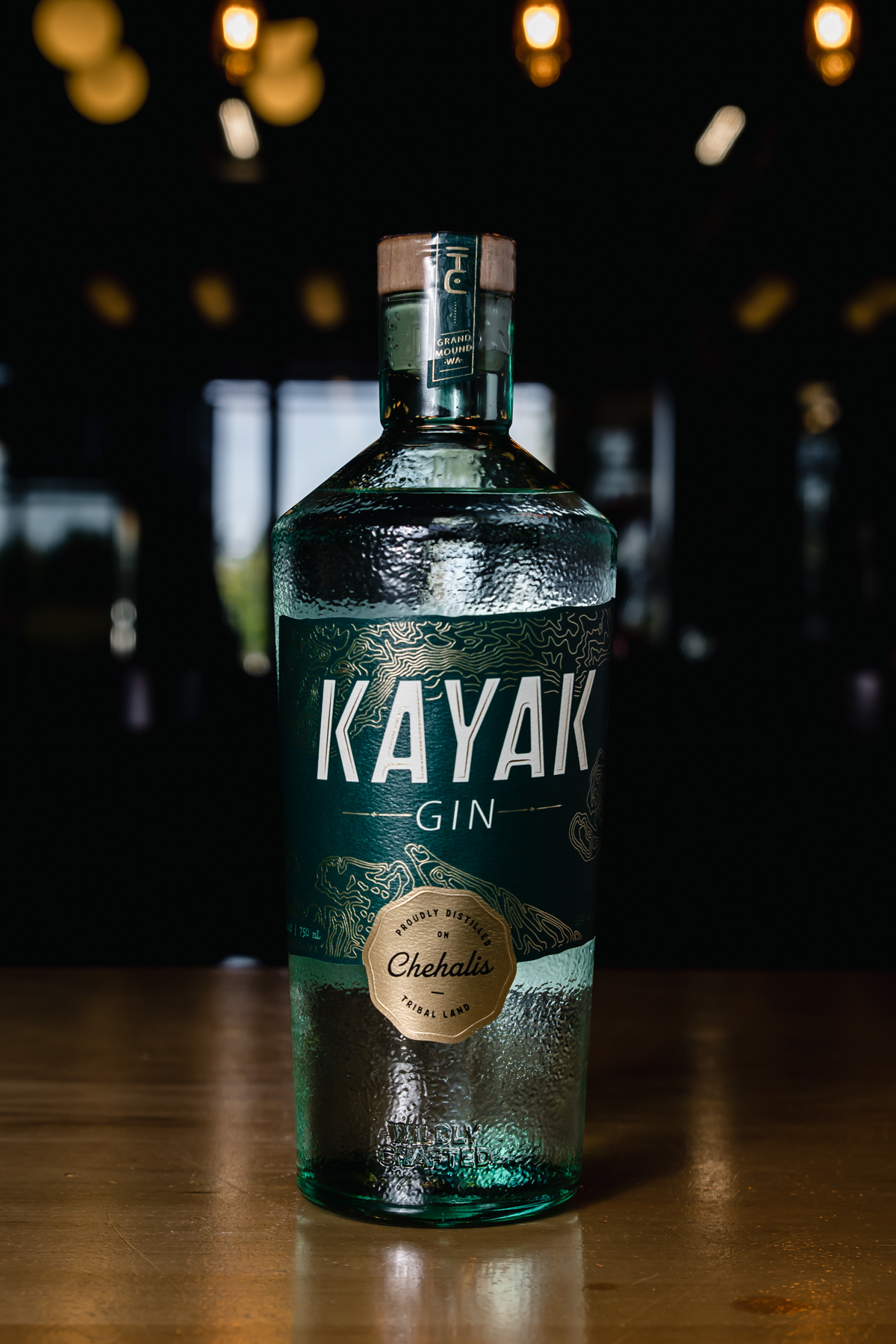
Photo by Johnny Motley
Kayak Gin
Like all great booze, the foundation of Kayak Gin is high-quality H2O. “Here in the Pacific Northwest, we have some of the best water in the country,” Pickernell told me as we drove through the early morning mists of the Olympic Peninsula while sipping coffee and listening to Alice in Chains. “Our on-site well goes almost down to the bedrock, and the water we extract is very soft.”
The soil on the Chehalis Reservation, about an hour outside Seattle, is as fertile as pure Miracle-Gro; everywhere you look is a riot of moss, trees, and shades of green. “If you can stand the wet months we have here, it’s the most beautiful place in the world.” Pickernell said, sensing my awe. “You taste the lushness of the land in our gin and whiskey.”
Kayak Gin combines Douglas fir tips with juniper for an extra wallop of piney zip. Pickernell explained how these edible needles, high in vitamin C, were an important herb in traditional Chehalis medicine. Nootka root and mountain yarrow, two other botanicals endemic to the Pacific Northwest, add complexity to the gin’s flavor with pleasant earthiness and minerality. For those with a penchant for gins with bold pine notes, Kayak Gin is the ne-plus-ultra.
For making cocktails with Kayak Gin, keep it simple: let the delightful parade of juniper and Douglas fir pass over your palate unencumbered and unembellished. The soft mineral notes of the mountain yarrow and nootka root are delightful but subtle. I stick to an easy gin-and-tonic—just Kayak Gin, soda water, ice, and dash of citrus. For a full salute to the bounty of the Pacific Northwest, enjoy with a plate of smoked salmon and blueberries.
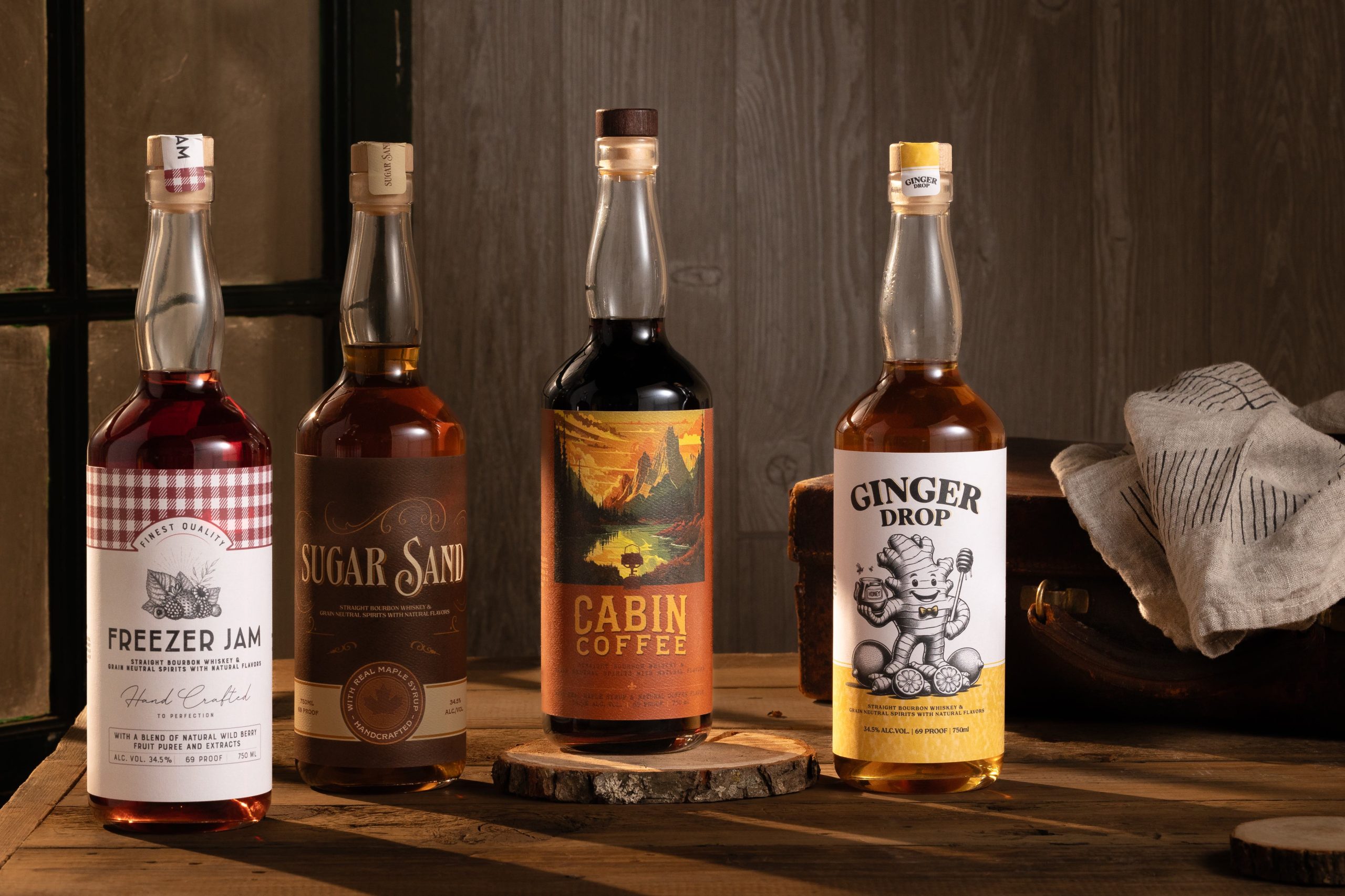
American Blended Single Malt Whiskey
On the darker side of the spirits spectrum, Talking Cedar crafts a blended whiskey in partnership with Westland Whiskey, a distillery with numerous golds and double-golds from the San Francisco World Spirits Competition.
As with Kayak Gin, the Pacific Northwest’s terroir and climate are magic for the taste of Talking Cedar’s amber elixirs. “Our spirits are aged in this damp, humid climate which is very similar to Scotland,” Myhre, the head distiller, told me. “The humidity and rain, along with the cooler temperatures, means aging takes longer. You don’t get those bold hardwood flavors like baking spices that you would with Kentucky or Tennessee whiskeys.” In place of the cinnamon, cloves, and vanilla notes of warmer-climate whiskeys, Blenders sparkles with whiffs of flowers and fruit—red apples and pears, gardenia flowers, and just a hint of wet stone.
I usually shun flavored whiskeys, but Talking Cedar’s fruit-infused whiskeys are the best I have tasted. Like Kayak Gin, the flavored whiskeys showcase botanicals from the Pacific Northwest. Freezer Jam, whiskey enlivened with blueberry, blackberry, and raspberry extracts, tastes so flavorful that you’ll swear you can taste the colors. For a crushable shot or a fun tiki cocktail, I’ll concede that Talking Cedar’s flavored whiskeys have their place.
For now, Talking Cedar’s spirits are only available in the Pacific Northwest, but they aim to expand nationwide in the near future. Talking Cedar also plans to partner with Matt Hofmann, the founder of Westland Whiskey and a pioneer in American single malt whiskeys. They hope their success will inspire other Indigenous nations to embrace spirits production.
“Gaming is still the biggest money-maker on Indigenous reservations, but we hope, after working to repeal that law, that others will launch distilleries,” Pickernell told me as we gazed into the gunmetal-gray abyss of Puget Sound. The quality of their gin and whiskey is worthy of this noble mission. I reached for another hit of Freezer Jam and toasted Talking Cedar’s continued luck.

